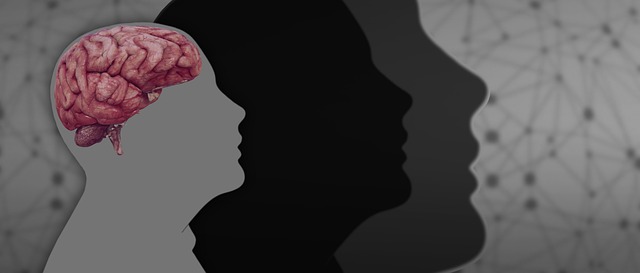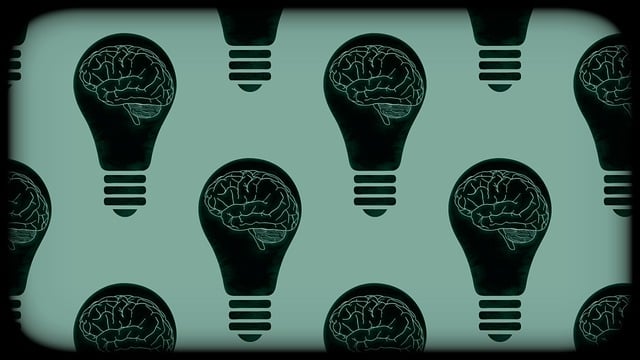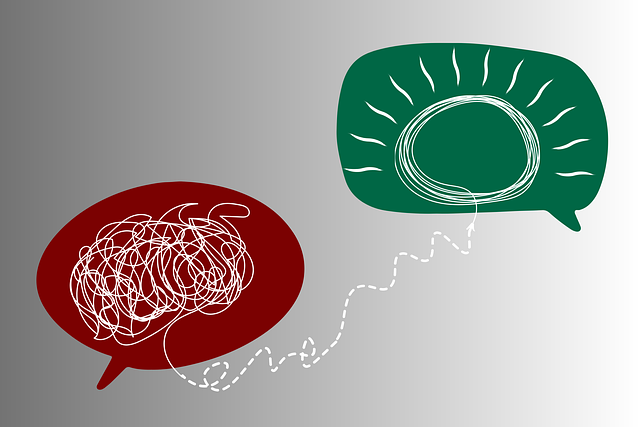Mental health data analysis, through structured interviews, surveys, and advanced techniques like machine learning, NLP, and mindfulness meditation, is revolutionizing therapy for phobias. By meticulously preparing and interpreting data, healthcare professionals gain valuable insights to create personalized treatment plans. This approach considers both symptom severity and daily life impact, leading to improved patient outcomes and a stronger therapeutic alliance through empathy building and positive thinking exercises.
Mental health data analysis is a powerful tool in understanding and treating conditions like phobias. This article delves into the intricacies of interpreting mental health data, focusing on collection, preparation, and advanced techniques specific to phobia therapy. We explore sophisticated strategies for clinical decision-making by examining results from cutting-edge analyses. By leveraging these methods, healthcare professionals can offer more personalized and effective therapy for phobias, ultimately improving patient outcomes.
- Understanding Mental Health Data: Collection and Preparation
- Advanced Techniques for Phobia Therapy Analysis
- Interpreting Results: Strategies for Clinical Decision Making
Understanding Mental Health Data: Collection and Preparation

Understanding Mental Health Data is a critical step in providing effective therapy for phobias and other mental health conditions. The first phase involves meticulous data collection, which can be achieved through structured interviews, surveys, and clinical assessments. These methods capture detailed information about individuals’ symptoms, experiences, and behaviors, serving as the foundation for accurate analysis.
Preparation of the collected data is a meticulous process that ensures its quality and consistency. This includes cleaning the data to remove errors or missing values, codifying qualitative responses for quantitative analysis, and normalizing data formats. Proper preparation enables researchers and practitioners to gain deeper insights into mental health trends, ultimately informing strategies for effective interventions such as mindfulness meditation for stress management and depression prevention.
Advanced Techniques for Phobia Therapy Analysis

In the realm of mental health data analysis, advanced techniques are transforming therapy for phobias. By employing sophisticated algorithms and machine learning models, practitioners can now delve into intricate patterns within patient data to tailor treatment plans with greater precision. This approach, supported by Empathy Building Strategies, enables therapists to identify specific triggers and fears, enhancing the effectiveness of interventions. For instance, natural language processing (NLP) can analyze textual data from sessions to uncover underlying themes and beliefs contributing to phobias, guiding personalized strategies that foster Positive Thinking.
Furthermore, these advanced techniques go beyond initial diagnosis, aiding in monitoring patient progress and identifying potential Burnout Prevention measures. Through continuous data analysis, therapists can promptly recognize setbacks or shifts in a patient’s condition, allowing for timely adjustments to treatment methods. This proactive approach not only ensures optimal outcomes but also underscores the evolving capabilities of mental health data analysis in revolutionizing Therapy for Phobias.
Interpreting Results: Strategies for Clinical Decision Making

When analyzing mental health data, particularly for conditions like phobias, interpreting results accurately is key to clinical decision-making. Professionals must go beyond simple data points and consider the narrative woven by the numbers. This involves understanding not just the severity of symptoms but also their impact on daily life. For instance, a patient’s reported fear levels might correlate with specific triggers, indicating areas that could benefit from targeted therapy for phobias.
Empathy building strategies, positive thinking exercises, and emotional regulation techniques can all be informed by data analysis. By identifying patterns in responses to various interventions, healthcare providers can tailor treatments more effectively. This personalized approach not only improves patient outcomes but also fosters a stronger therapeutic alliance, as the individual feels truly heard and understood.
Mental health data analysis is a powerful tool in understanding and treating conditions like phobias. By employing advanced techniques, such as those discussed for therapy for phobias, professionals can interpret results effectively to make informed clinical decisions. This process not only enhances patient care but also contributes to the broader field of mental health research and treatment strategies.









